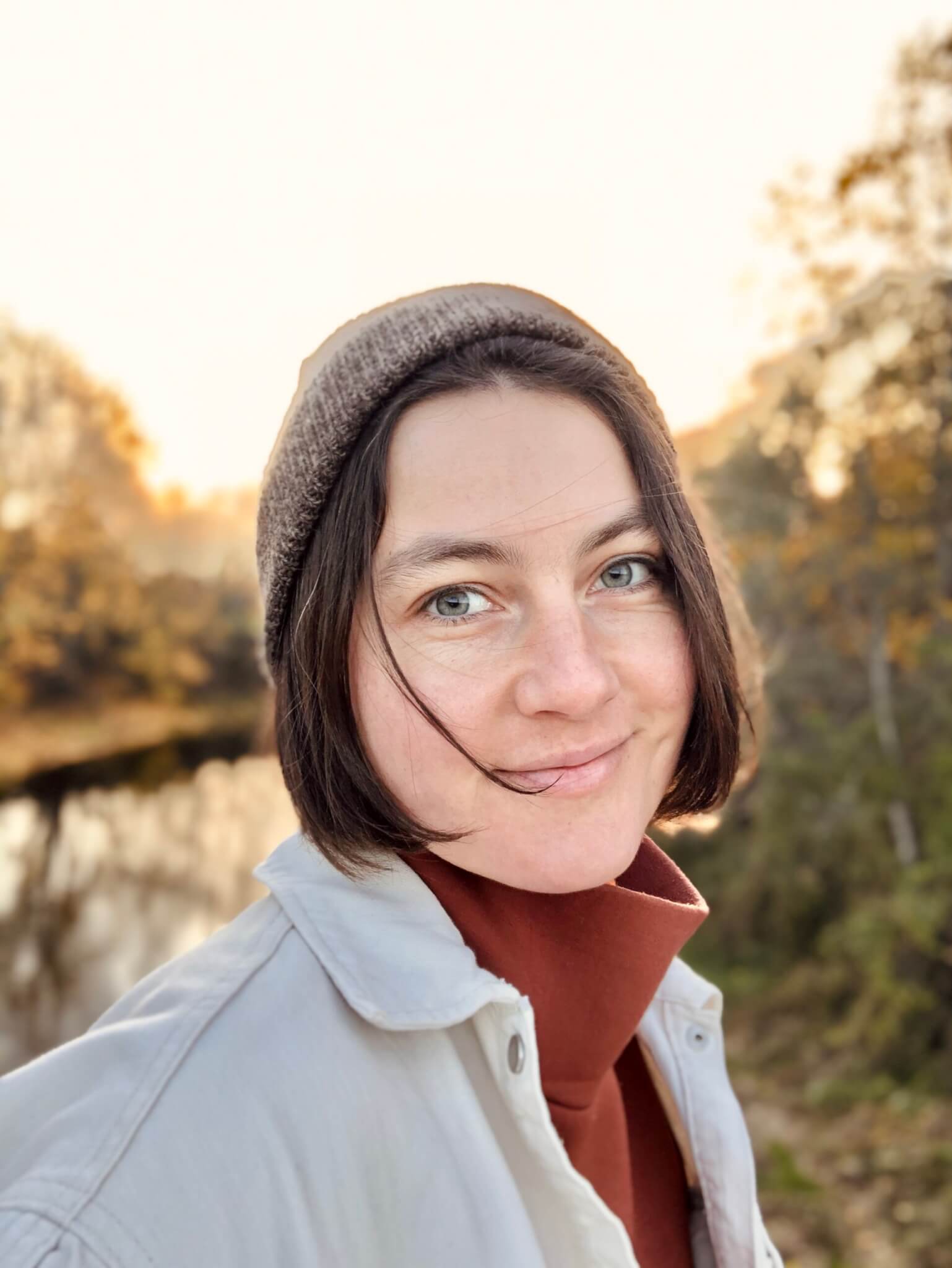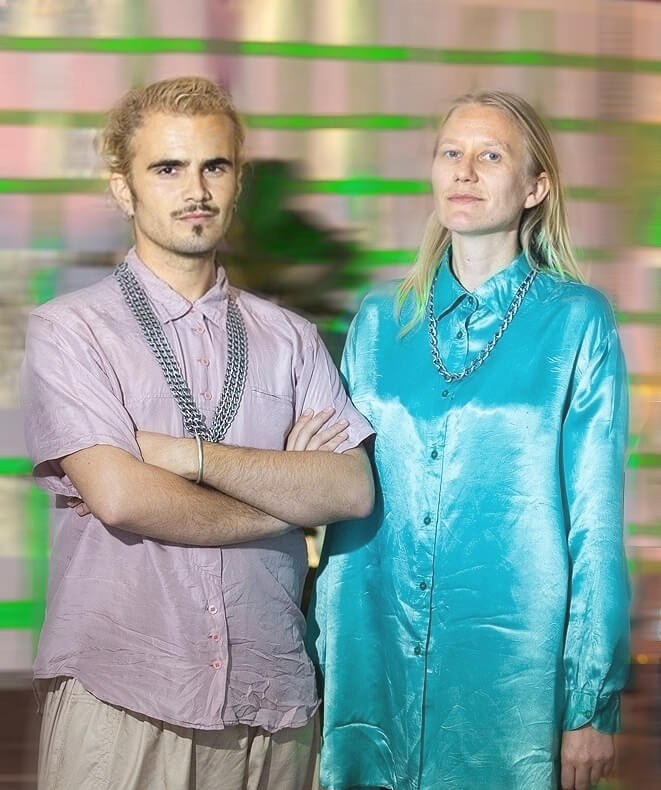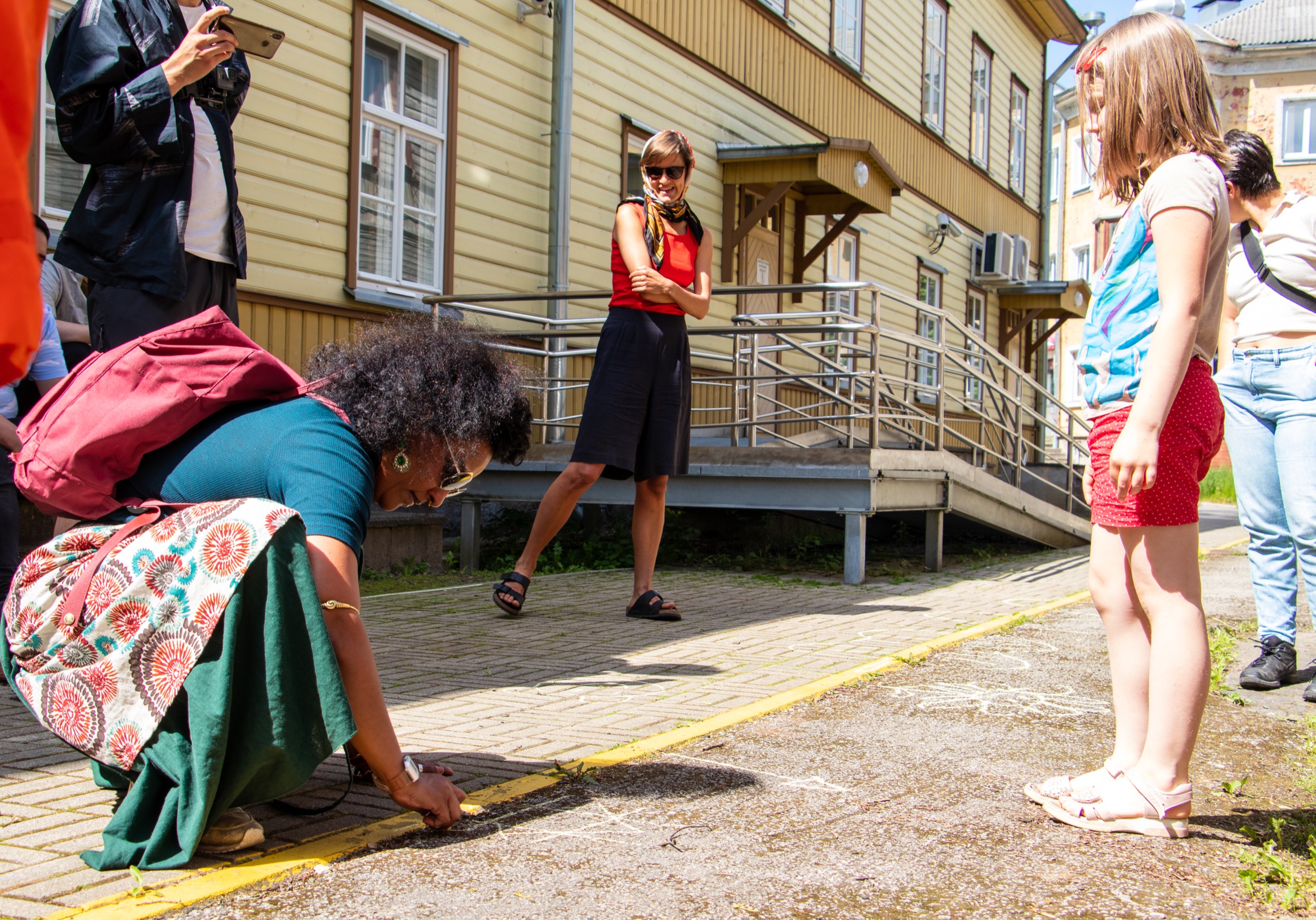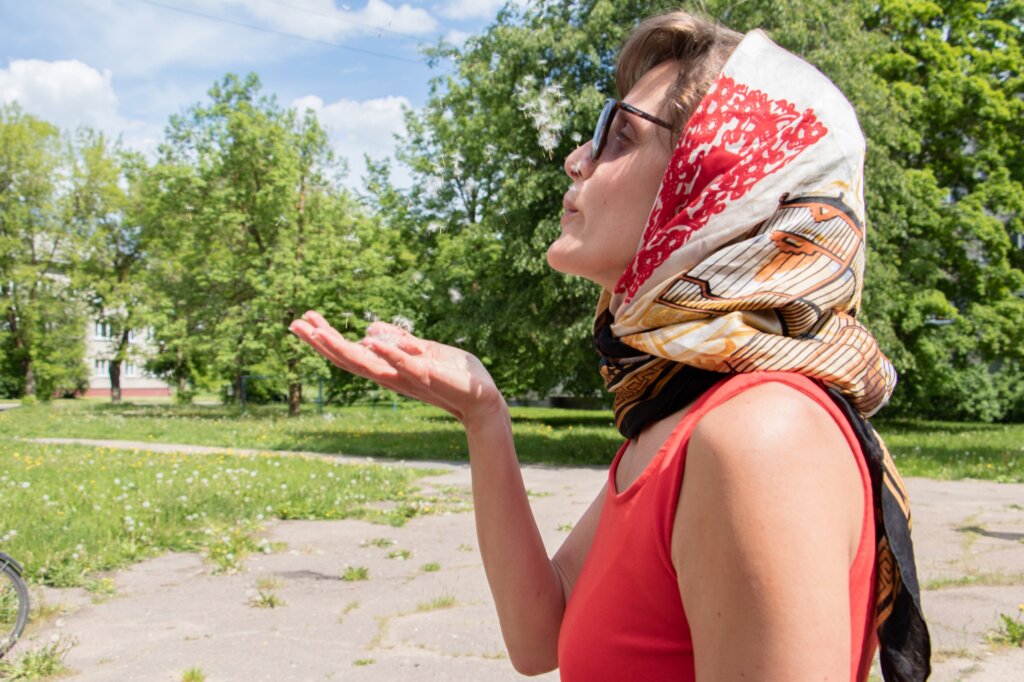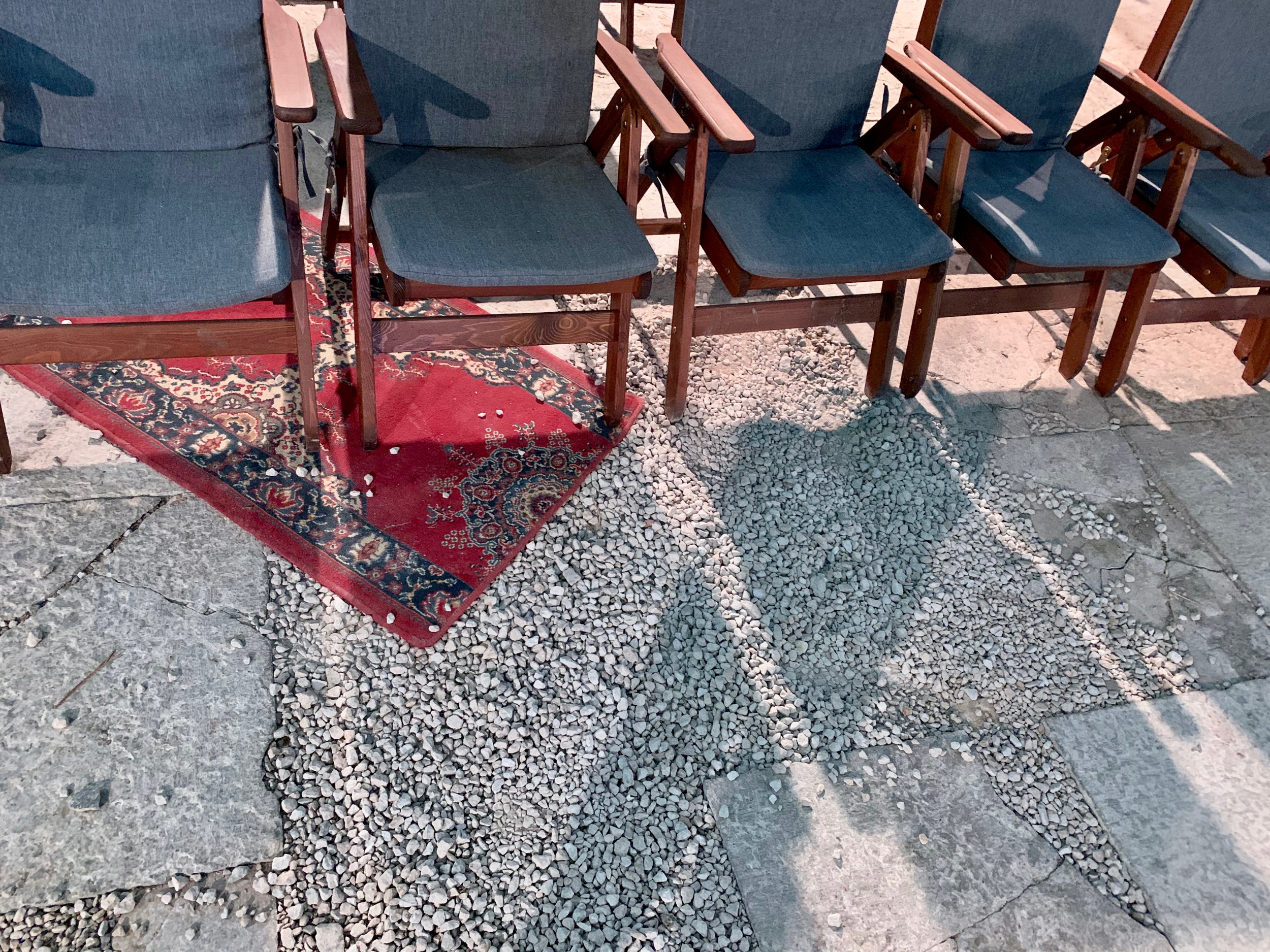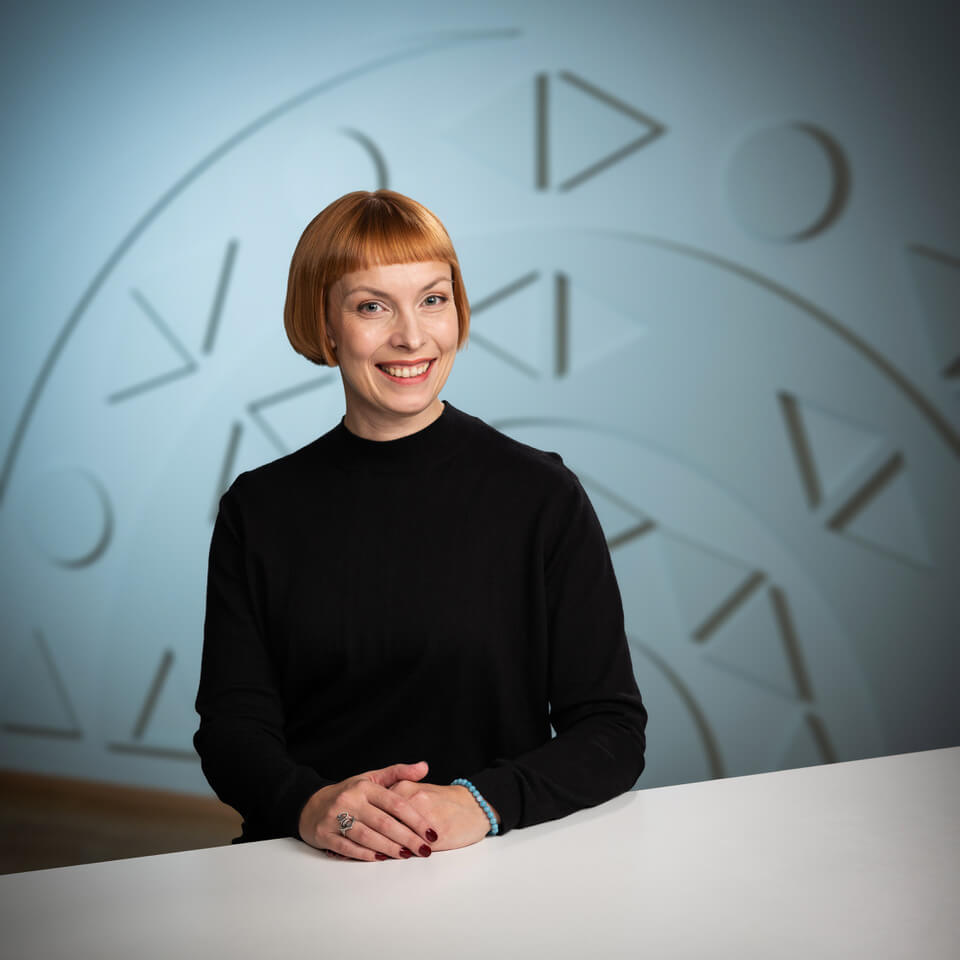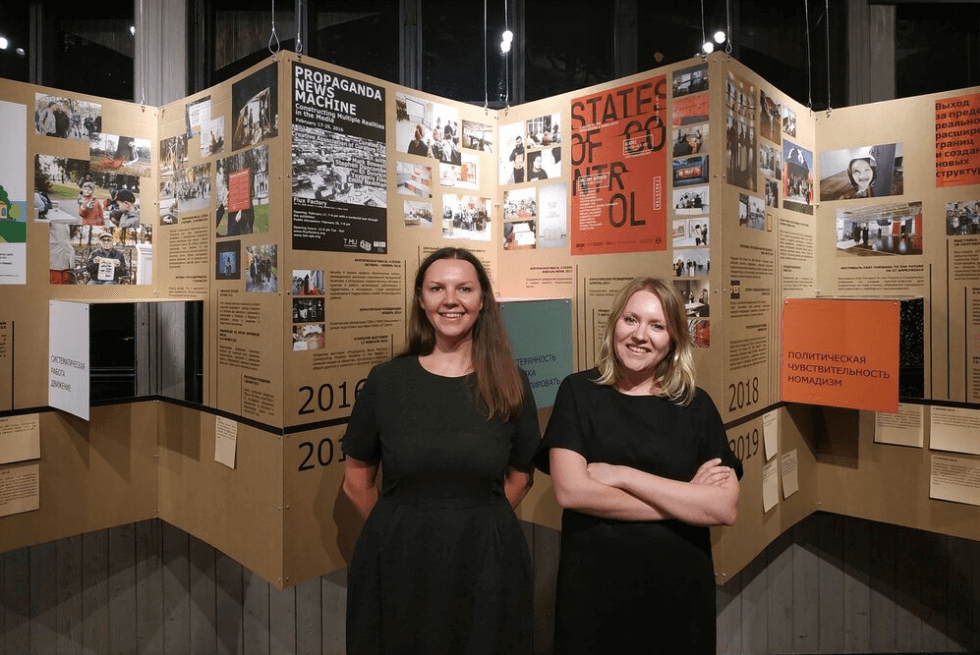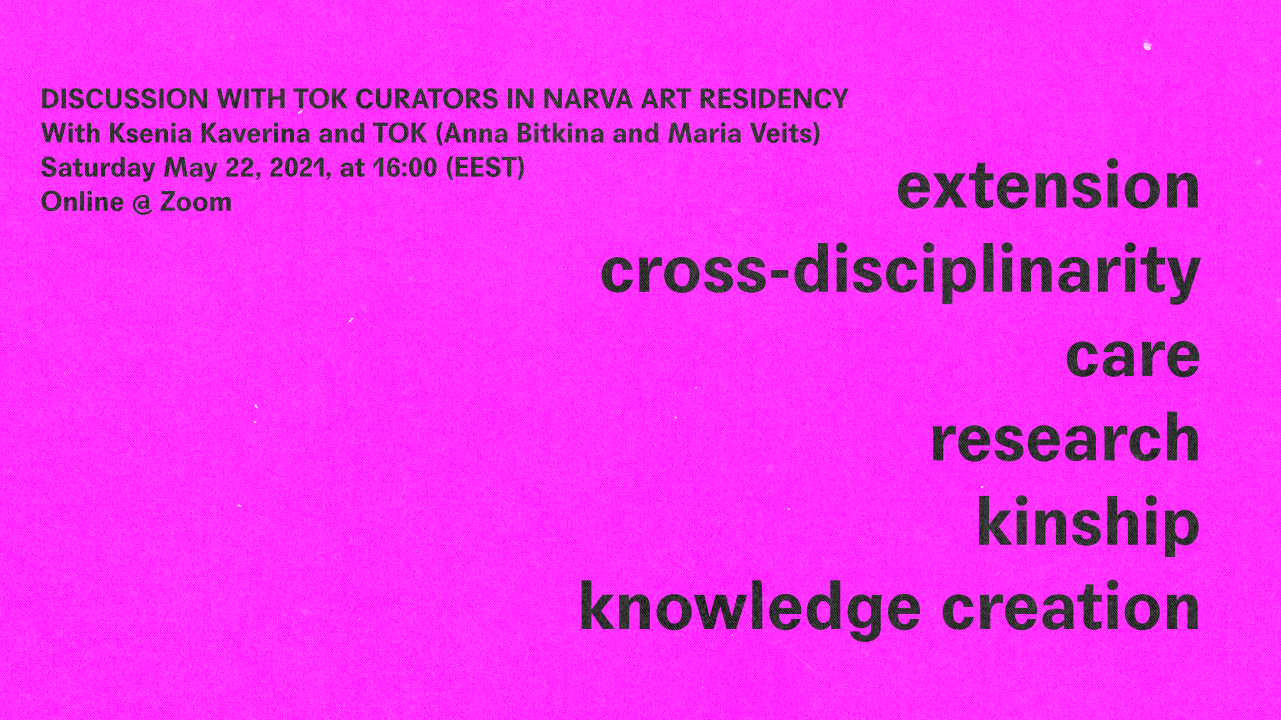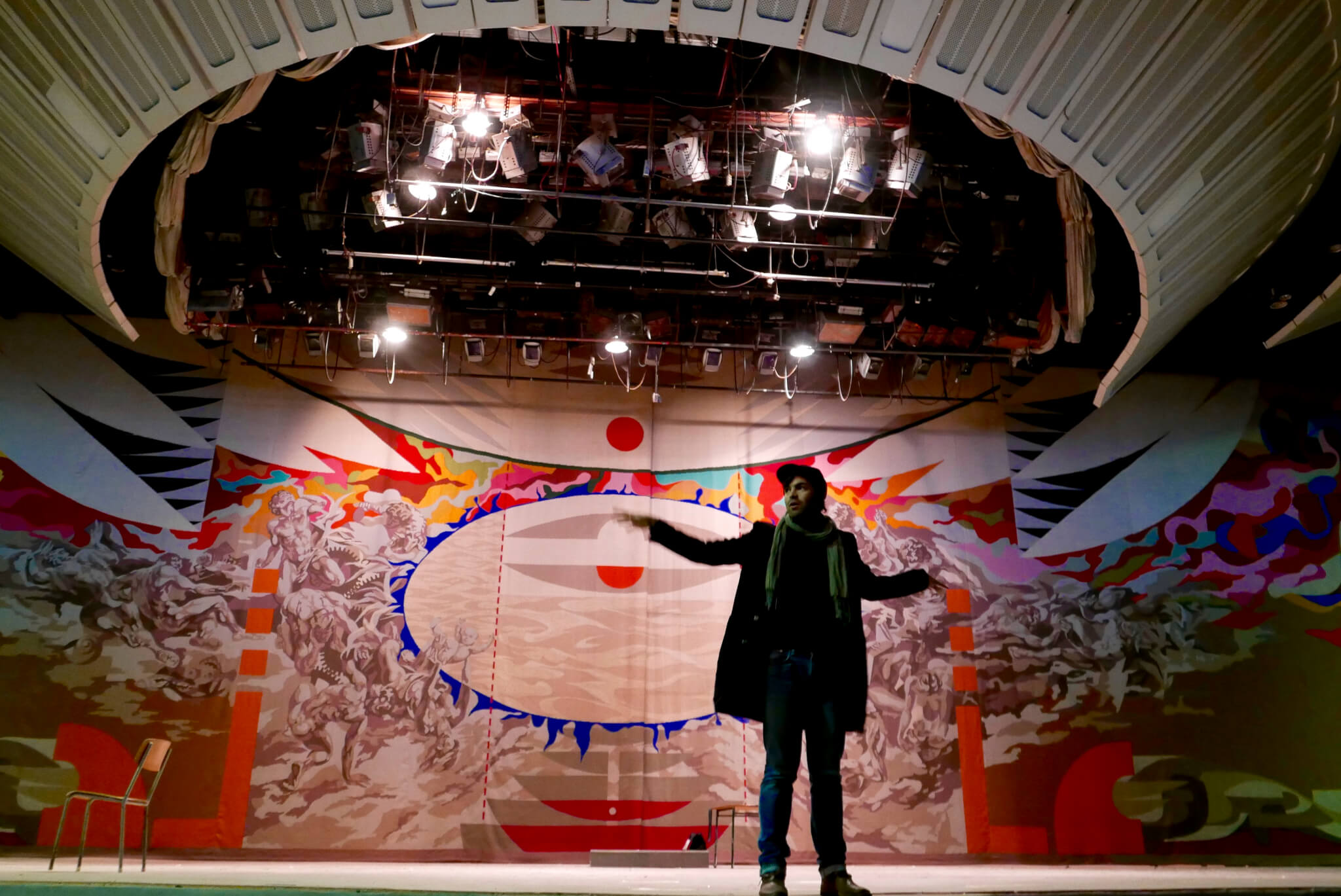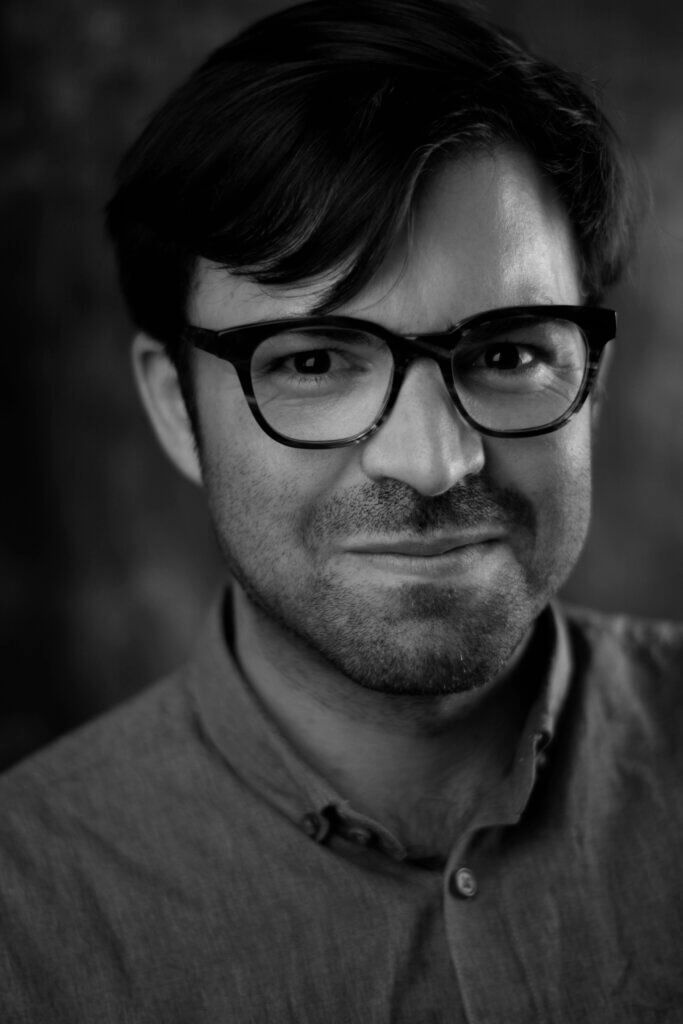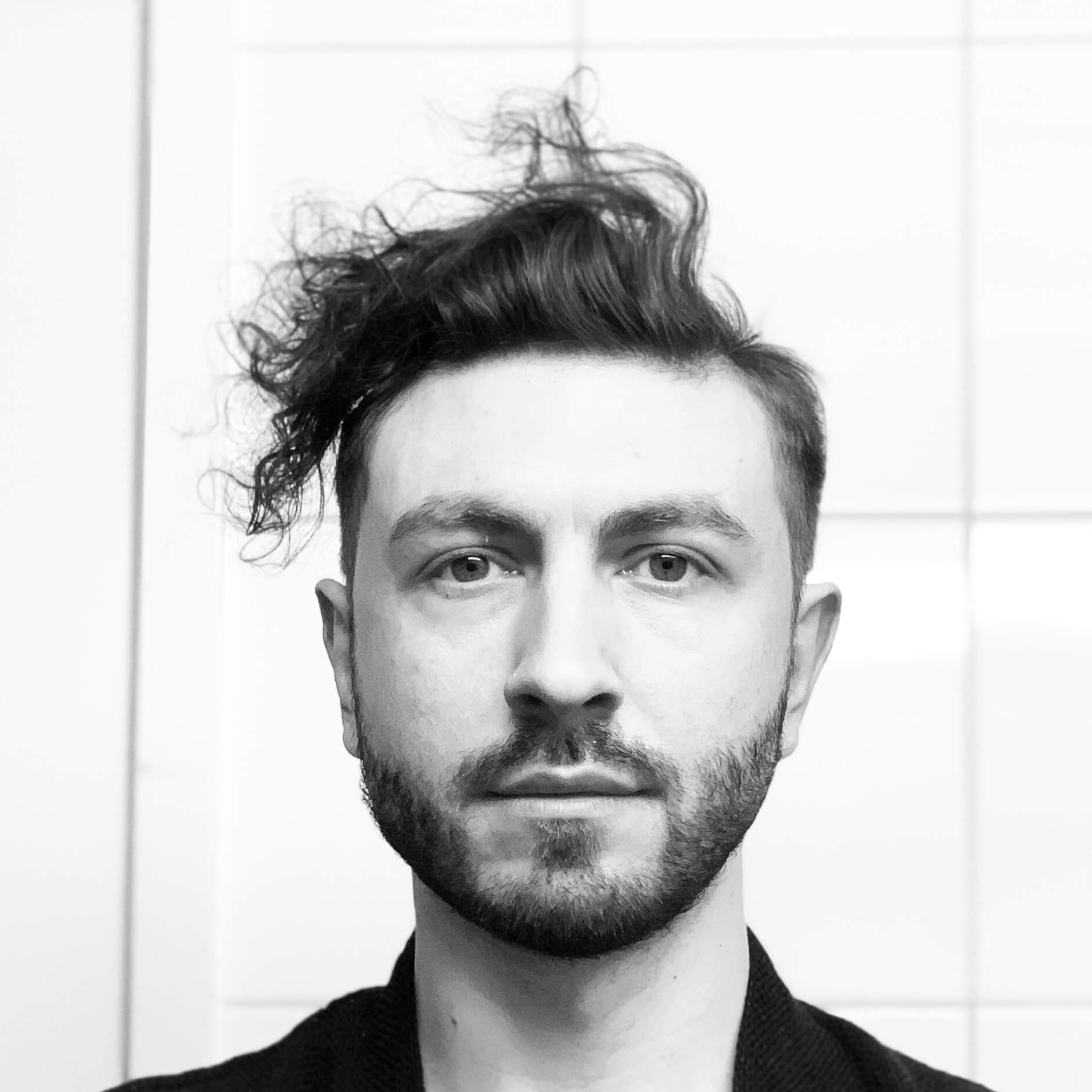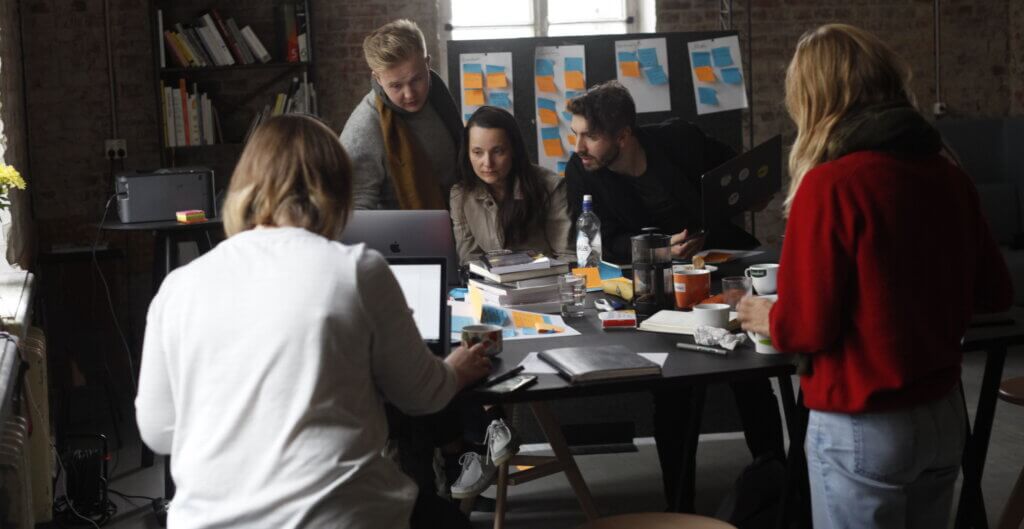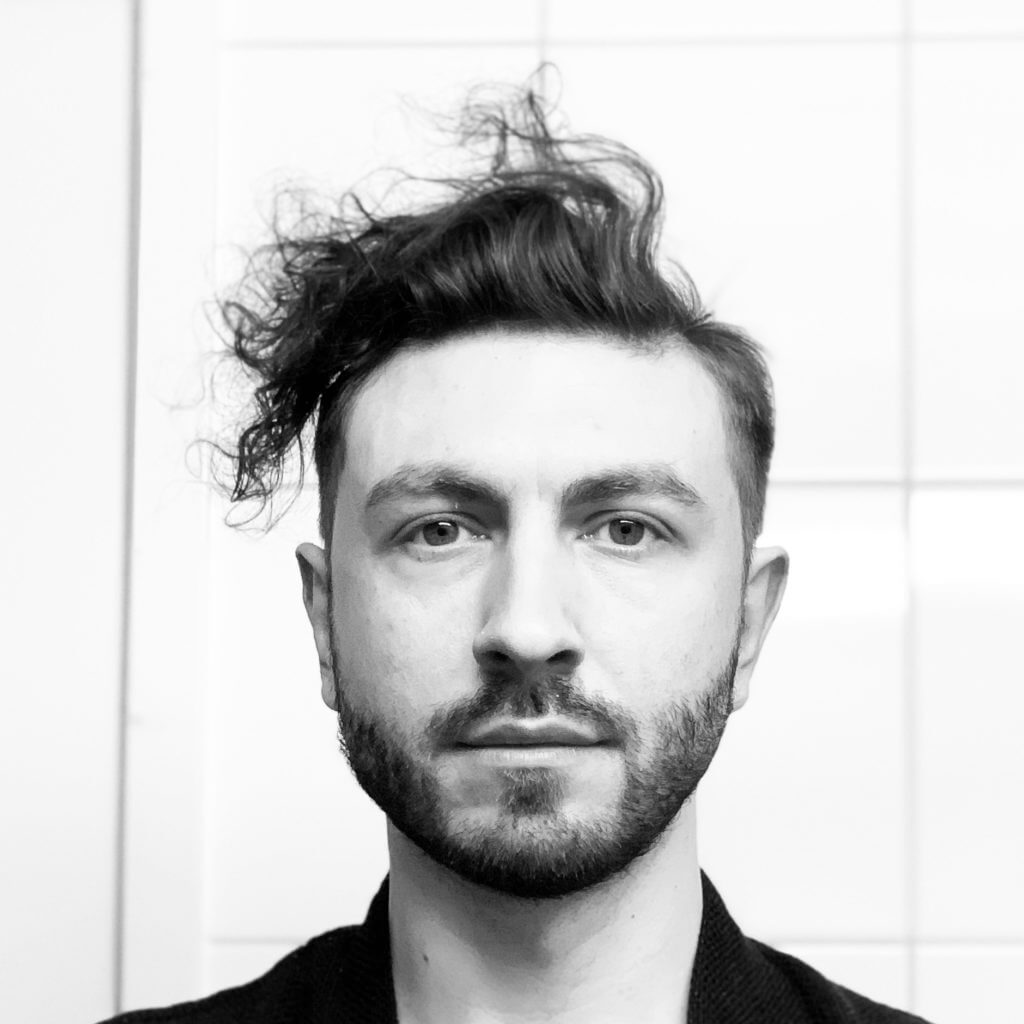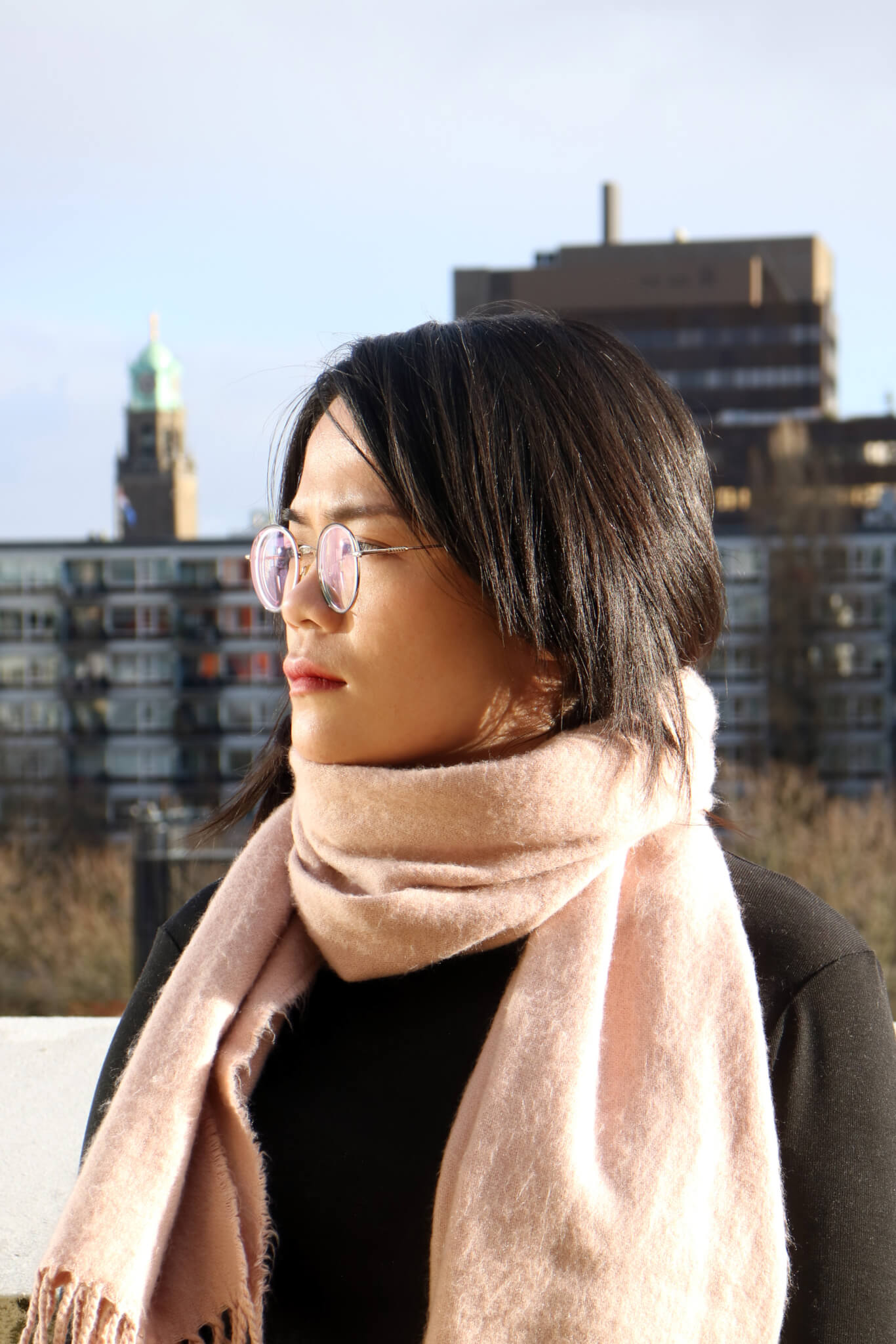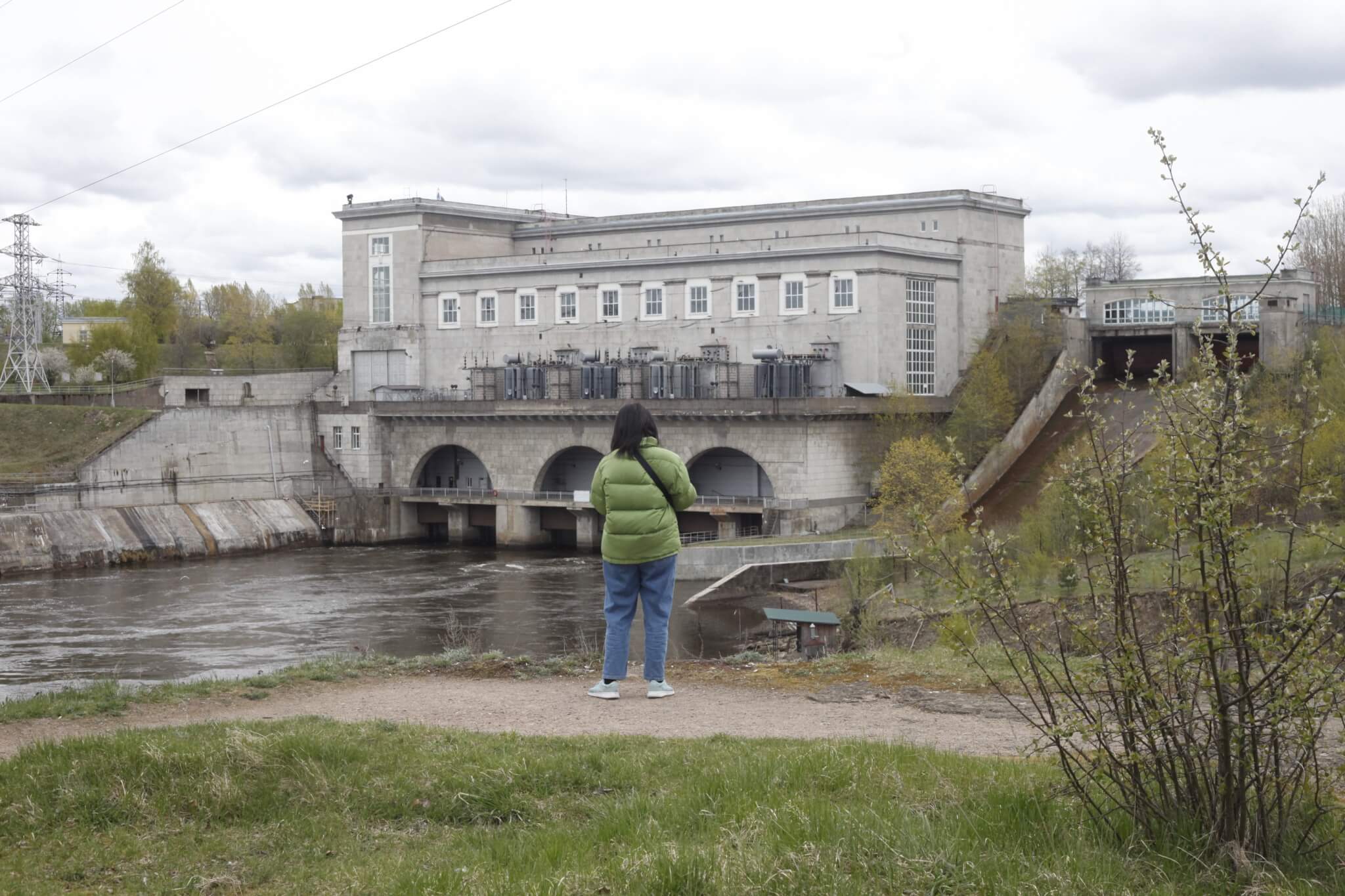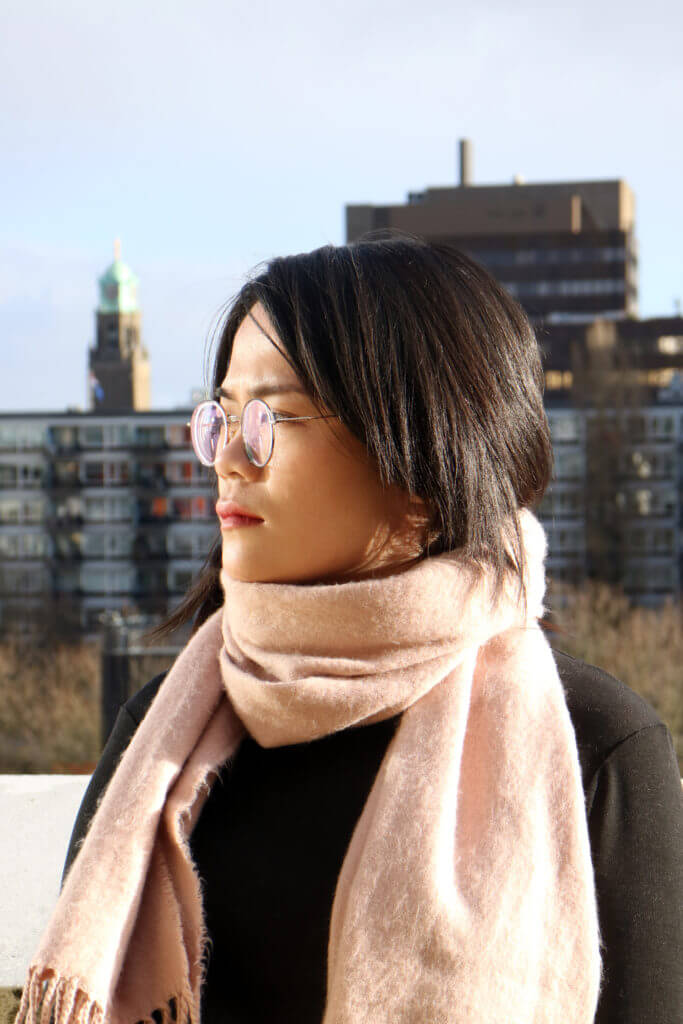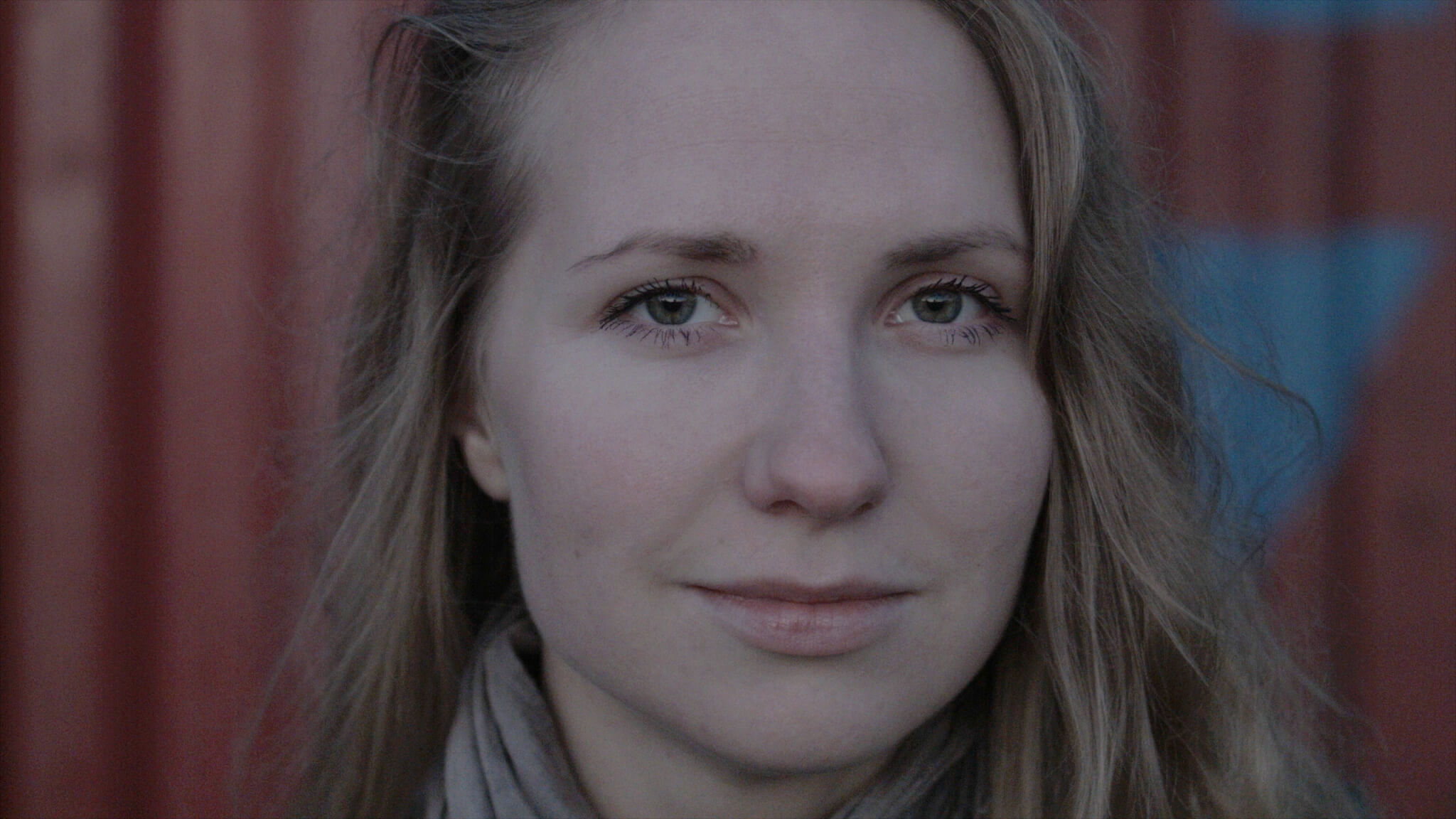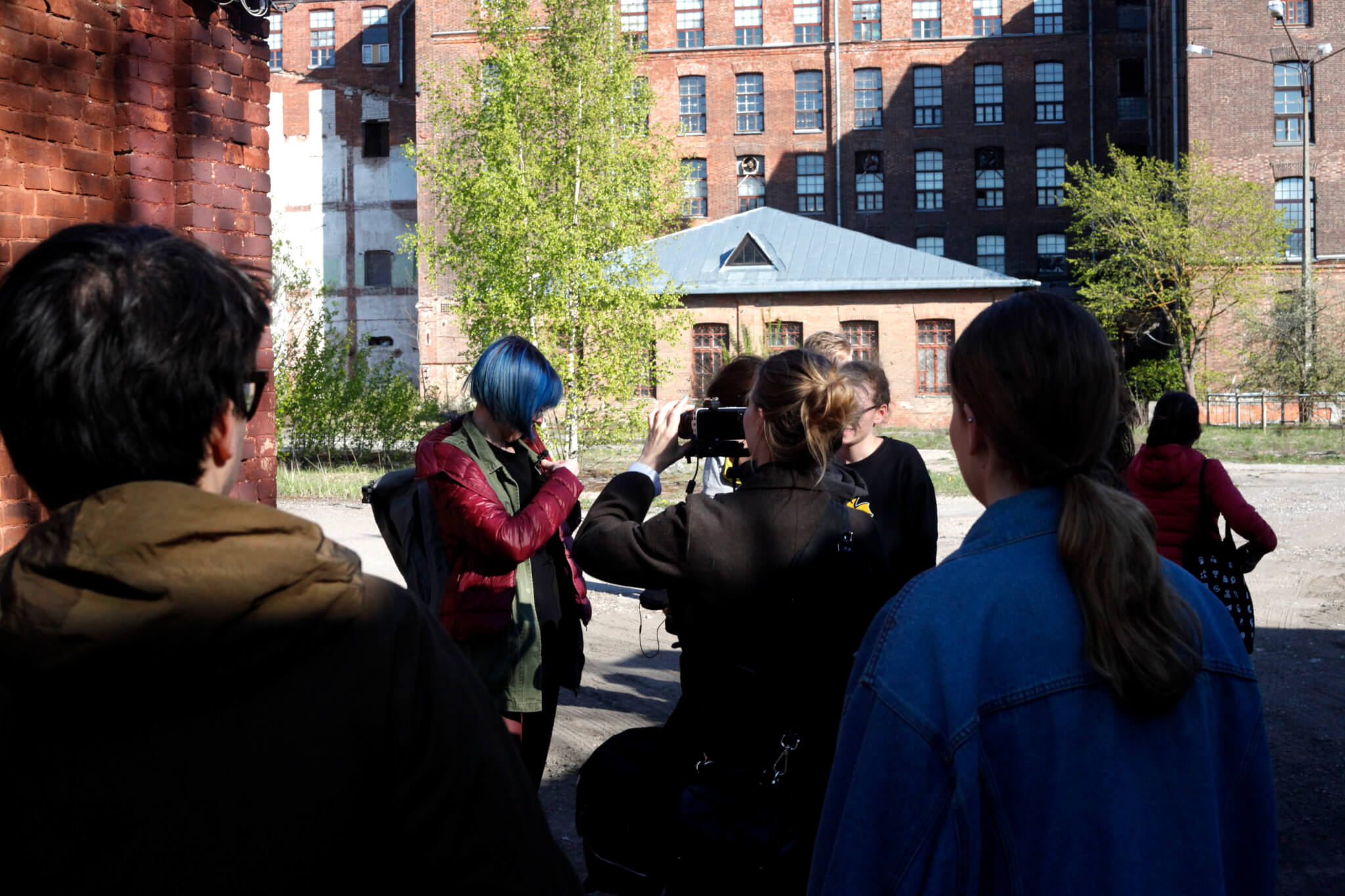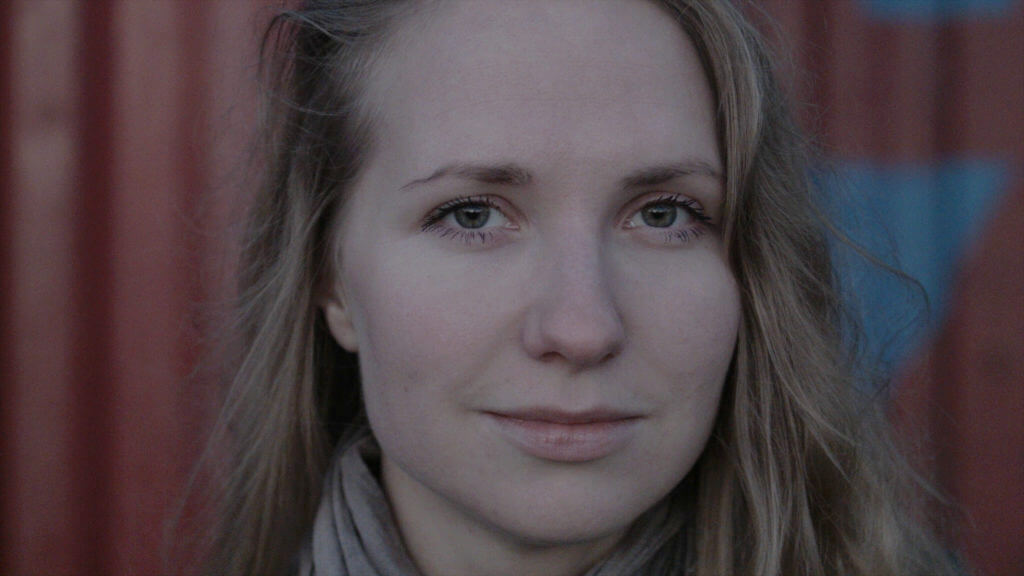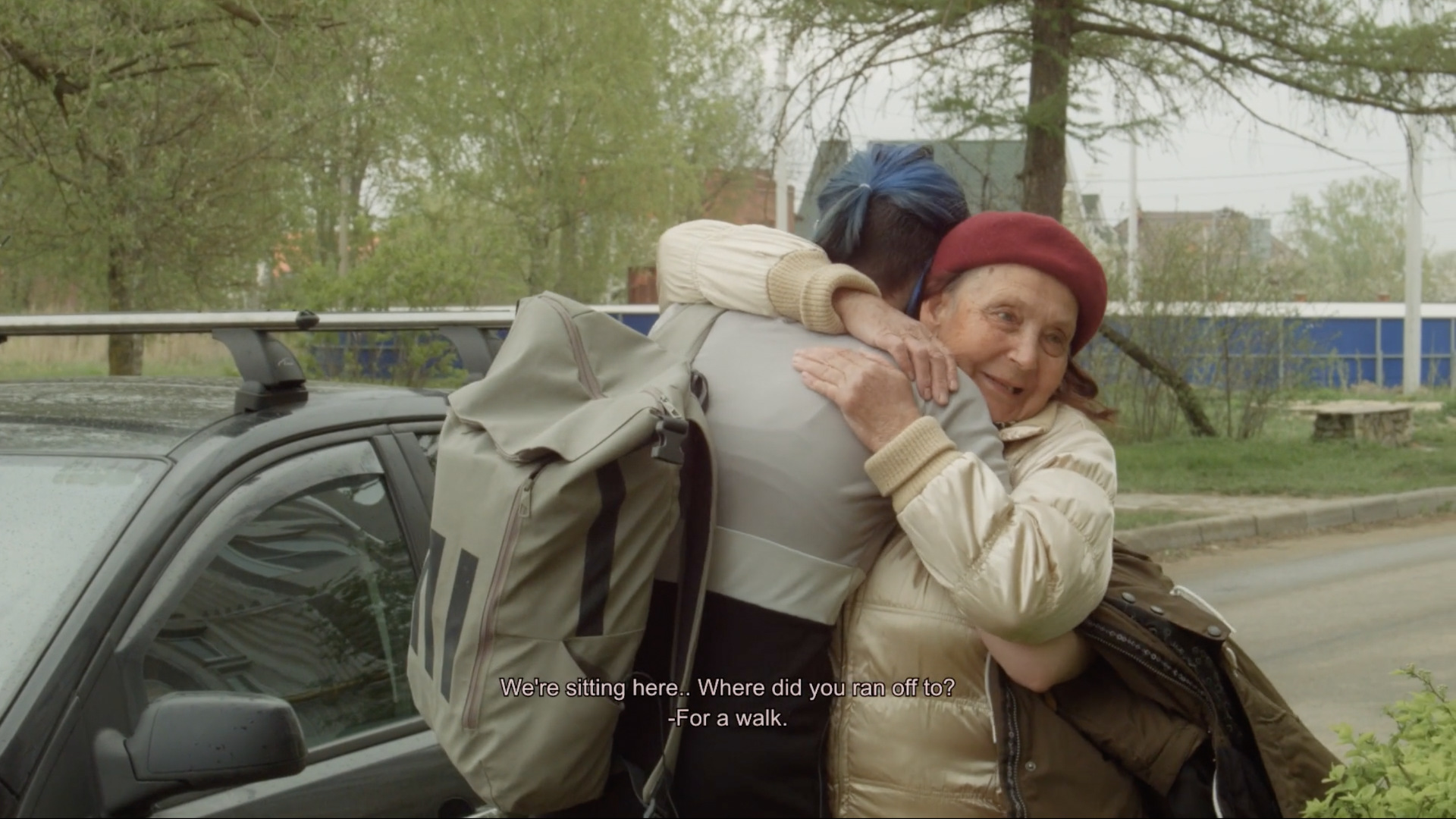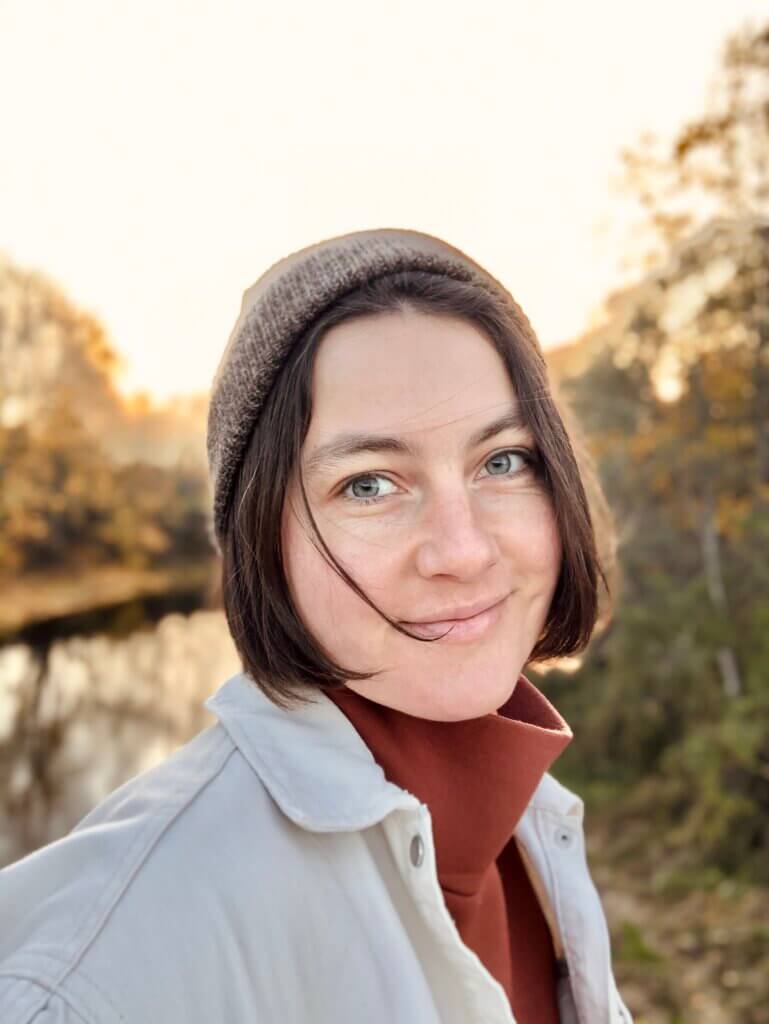
My practice explores the human relationship with the environment and draws parallels between human embodiment and other material embodiments, especially those of plants. It aims to expose these connections and participate in developing a stronger sense of belonging to ecosystems and to the larger community of beings that mutually inhabit our planet.
I turn my body into a conduit for expressing the meaning of natural processes, seeking the symbiosis of these biological units, a symbiosis based on equality and reciprocity. This is a perspective influenced by the idea of ecofeminism, transcorporeality and vital materialism.
I am a multidisciplinary, research-based artist working in the fields of installation and performance. The works grow out of the time-space where they are situated.
Linda Boļšakova has collaborated with leading scientists from the National Botanic Garden and Institute for Environmental Solutions in Latvia, as well as the Association for the Conservation of Antalya Orchids and Biodiversity. For the project series “Semina futuri: placeholder for future coexistence” Boļšakova collaborated with composers scientists, web developers and 3D artists. Recently she gathered seed stories at the urban Gardens of Sporta Pils that reveal the semantics of people and plants, their relationships and connections.
Solo shows include “Intimacy of strangers” at ISSP Gallery and “off spring” at ALMA Gallery. She has participated at the “Starptelpa” and “No New Idols” festivals, as well as numerous other solo and group exhibitions in Scotland, Turkey and Latvia. She has taken part in residencies including the VV Foundation’s PAiR programme in Pāvilosta, Latvia, and at Zengården, the head temple of the Swedish Zen Buddhist Society, as well as at the Scottish Sculpture Workshop.
Boļšakova graduated from a Contemporary Art Practice and Philosophy course with a first-class honours degree in Scotland (2017) after graduating from the Photography course at Edinburgh College. In 2018, she completed the Performance Art Course in Riga.
